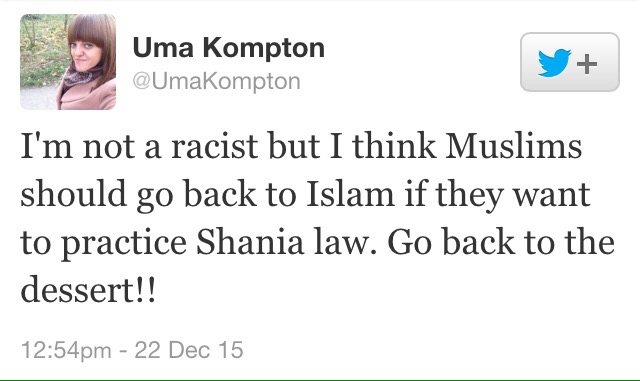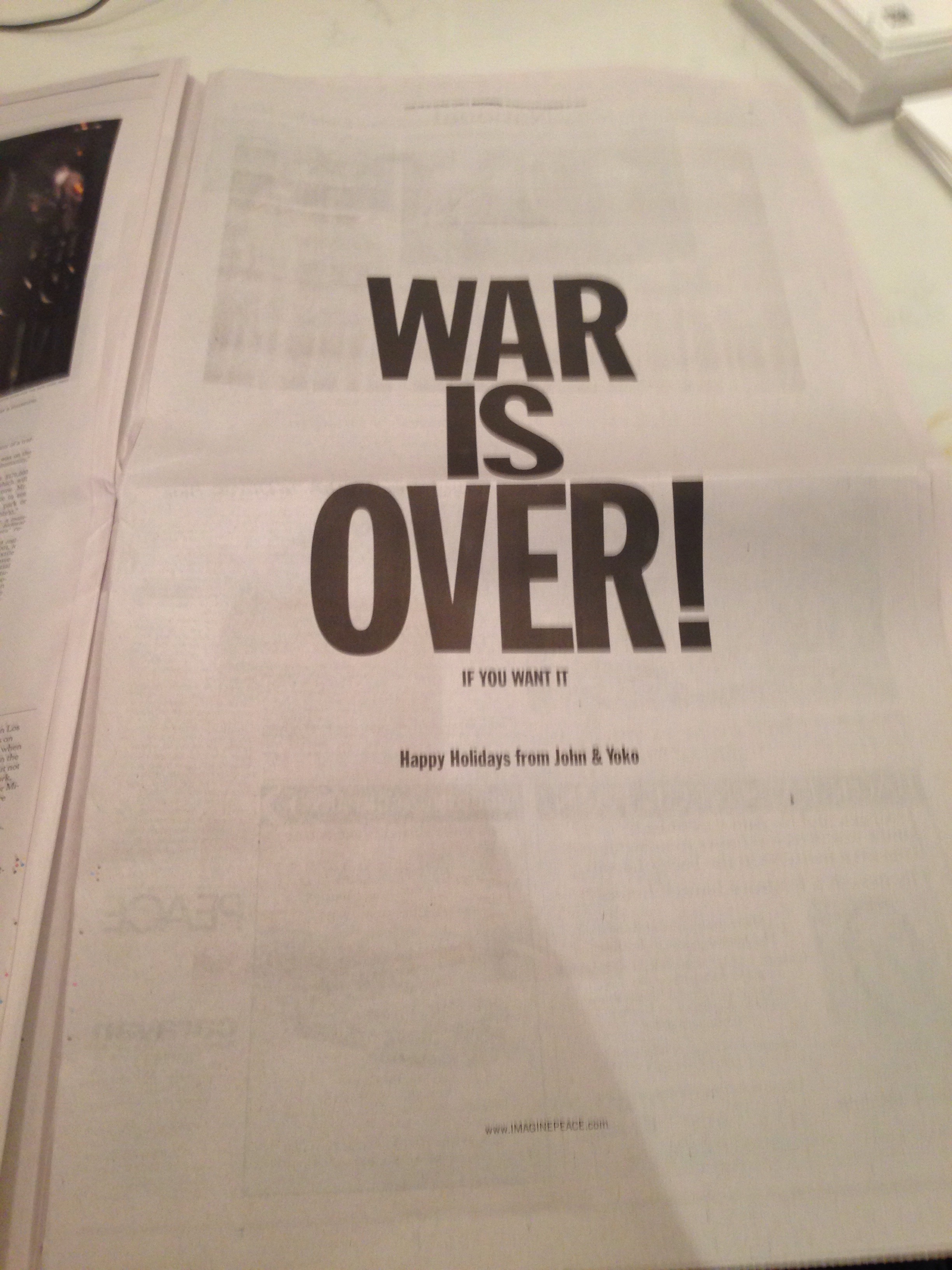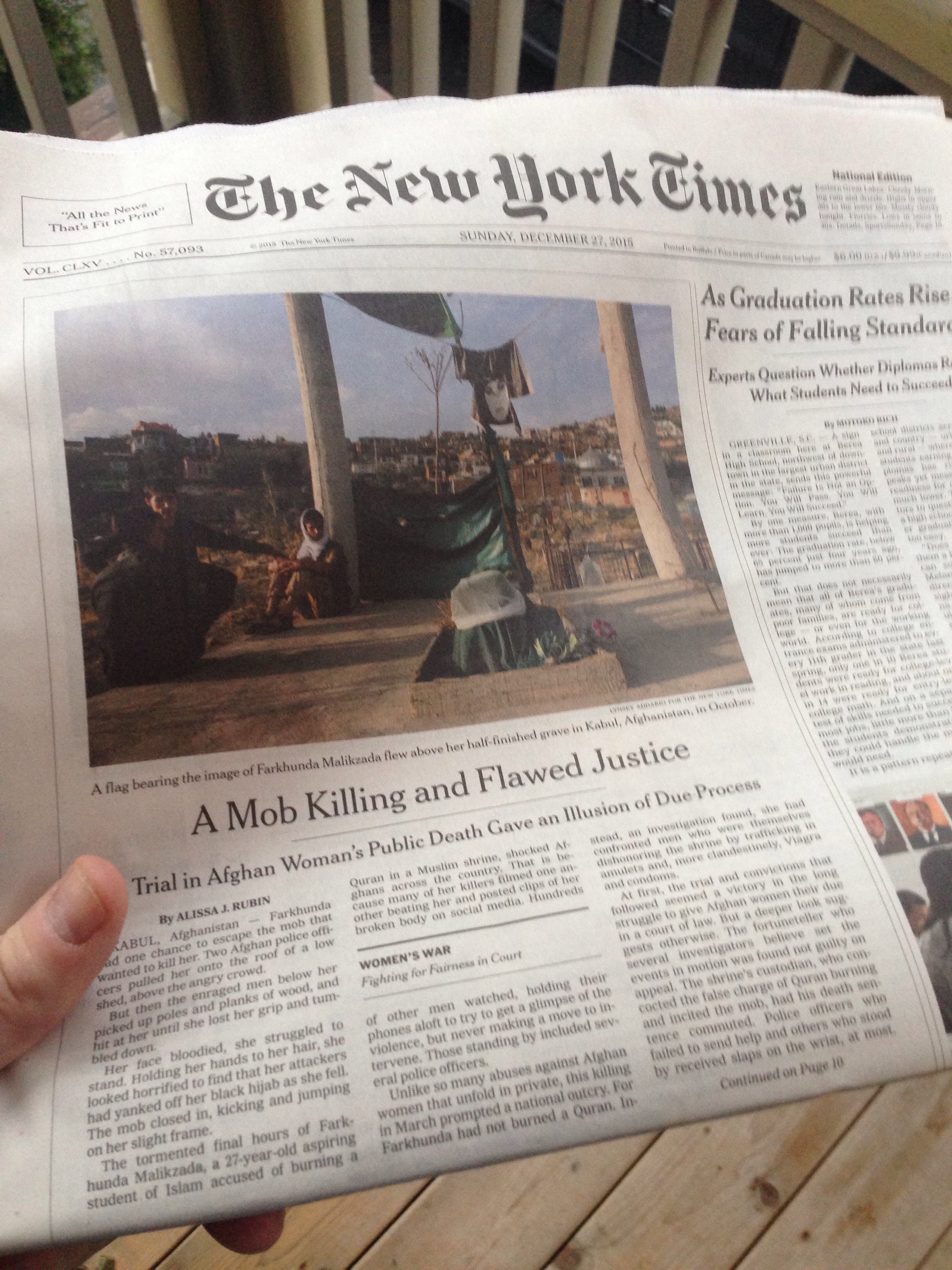This week’s Troy Media column: 2015’s political winners and losers
Typing up lists of the year’s political winners and losers is usually a pretty straightforward proposition: simply declare the winners of elections are godlike geniuses, and dismiss the losers as complete dummies. Per that hoary old political axiom, victory has a thousand fathers, and defeat is an orphan.
And, true to form, plenty of pundits and prognosticators have indeed bravely determined that (a) Justin Trudeau and the Liberal Party are heroes and (b) Stephen Harper, Tom Mulcair and their political parties are zeroes.
Trudeau and Team Grit won a stunning victory in October, yes. And Messrs. Harper and Mulcair indubitably lost what they had – a strong majority government and Official Opposition, respectively. But there’s more to political 2015 than that. And regurgitating the Blindingly Obvious is, well, being Blindingly Obvious. (And boring.)
Herewith, then, a list of 2015’s somewhat-less-obvious political winners and losers, with the reasons why.
Gutsiest political move: Tom Mulcair. The NDP leader – who, if the mutterings of anonymous Dipper strategists hold true, is soon to be the former NDP leader – did something during Election 2015 that you rarely, ever see in our politics: he was a frontrunner who took a very risky stand, one that he knew might cost him his frontrunner status. And it did. Mulcair’s refusal to go along with the Conservatives’ niqab-bashing was quite brave – particularly when you consider that most of his party’s seats were in Quebec, where aversion to the niqab (and the hijab) has always been high. Mulcair’s refusal to go along with thinly-veiled Islamaphobia precipitated a dramatic drop in the polls, and Justin Trudeau thereby became the only viable alternative to Harper. It may be small comfort when it comes time to write his memoirs – but history should record Tom Mulcair’s stance as a gutsy one.
Dumbest political move(s): the Conservative campaign. When political strategists know they are losing, they typically do one of two things. One, they dust off their C.V., and start quietly looking for greener pastures. Or, two, they douse themselves with gasoline and light a match, seeking to go out in a blaze of glory. The Conservative Party – led by Jenni Byrne, Guy Giorno and others – opted for the latter. In early October, when they still had a chance at re-election, the Conservative brain trust bizarrely decided to stop talking about the economy, and shriek endlessly about Muslims instead. So, they announced the creation of something called the “barbaric practices hotline,” which everyone knew was aimed at Muslims. It was “standing up for our values,” said Immigration minister Chris Alexander. It was “disgusting,” said Calgary Mayor Naheed Nenshi, and most of the country agreed with him. A few days later, Byrne et al. made a bad situation worse. They put their leader together with former Toronto mayor Rob Ford, and invited an astounded media to take photographs. Is it ever a good idea to espouse law-and-order themes whilst simultaneously campaigning with a crack-using, drunk-driving xenophobe? Um, no.
Craftiest political move: the Liberal pledge to never “go neg.” Long before he won the Liberal leadership in April 2013, Justin Trudeau solemnly pledged to never “go neg” – in the parlance of political consultants, to unleash a barrage of attack ads and nasty invective against one’s opponents. After he won the Liberal leadership, Trudeau mainly kept his vow – until Summer 2015, that is, when his party had slipped from first place to third. At that point, Trudeau continued to pledge “sunny ways” on the campaign trail – while also pummeling his opponents in advertising and (particularly) leader’s debates. In the latter case, Trudeau gave far better than he got, and left Messrs. Harper and Mulcair gasping for air, and wondering what had gone wrong. Now, Trudeau wasn’t the first politician to promise to never go neg while going neg – in recent Canadian history, Ontario Premier Dalton McGuinty did so in every one of his winning campaigns – and he won’t be the last. Because it pays dividends. (Oh, and Gerald Butts: the former Cape Bretoner was one of the guys who advised McGuinty to pursue the no neg/go neg strategy in 2003, 2007 and 2011 – and he did so again with Trudeau in 2015. And it worked, didn’t it?)
Most disappointing political move: the crummy candidates, in every party. It wasn’t the fault of social media, either. Social media simply provides a platform for crazy people to say crazy things – and for campaign war rooms, or the media, to thereafter publicize the craziness. (It’s been plenty nutty in past campaigns, believe me.) But the sheer volume of insanity and inanity in Campaign 2015 simply dwarfs everything that has gone before it: Truthers. Hitler comparisons. Racists. Anti-Semites. Threats. Stalkers. And even a guy who peed in a cup when he thought no one was looking. It was appalling, it was disgusting, and it reflected badly on the leaders of every party – because every leader signed the nomination papers of each and every one of those kooky candidates. And we wonder why people don’t vote as much as they used to. Wonder no more, etc.
All that notwithstanding, 2016 begins with the country in a better mood. You don’t have to be a card-carrying Liberal to agree that people generally seem to like Justin Trudeau – or, at the very least, they are prepared to give him some time to make a few moves of his own.
Will they eventually turn against him? Of course! They always do, with every leader.
And then, before you know it, we’ll be back in another election campaign – and we’ll have plenty of new examples of political moves that were gutsy, or dumb, or crafty or disappointing.





